
Calligraphy
Mohammad2020-03-31T09:04:18+00:00Calligraphy
While in the West calligraphy is considered mainly penmanship, in the East it is one of the most important fine Arts. Calligraphers were an essential requirement for any self-respecting court, and very often princes and nobles practiced calligraphy themselves. Moreover, prohibition against figurative art in mosques, and an emphasis put on literacy and knowledge Islamic leaders imparted further importance to the written word in the Islamic world.
Broadly speaking, there were two distinct scripts in the early centuries of Islam: cursive script and Kufic script. For everyday purposes a cursive script was employed, while Kufic script was used for religious and official functions. Kufic went out of general use about the 11th century, though it continued to be used in the decoration of monumental religious buildings. About 1000 A.D., a new script – Naskh – was established. This has remained the most popular script in the Arab world. The other main styles were Tholth, Reyhan, Mohaqqaq, Towqi, and Reqa. The Arabic script was adopted in Iran soon after the Muslim conquest, and was enhanced and developed by the Persians soon after. In the 13th century, the Iranian scribes invented Taliq, and in the next century, Mir Ali Tabrizi, the most famous calligrapher of the Timurid period, created Nastaliq, a combination of Naskh and Taliq.
Nastaliq is closely connected to Persian poetry and has played an important role in communicating poetic concepts to readers. Under the Timurid and the Safavid rulers, calligraphy experienced its highest stage of development. By the 16th century, Shinn was among the forerunners of calligraphk study and production in the Islamic world. In the 17th century, it was followed by Esfahan and then by Qazvin. The most famous calligraphers of the Safavid court were Mir Emad and Alireza Abbasi.
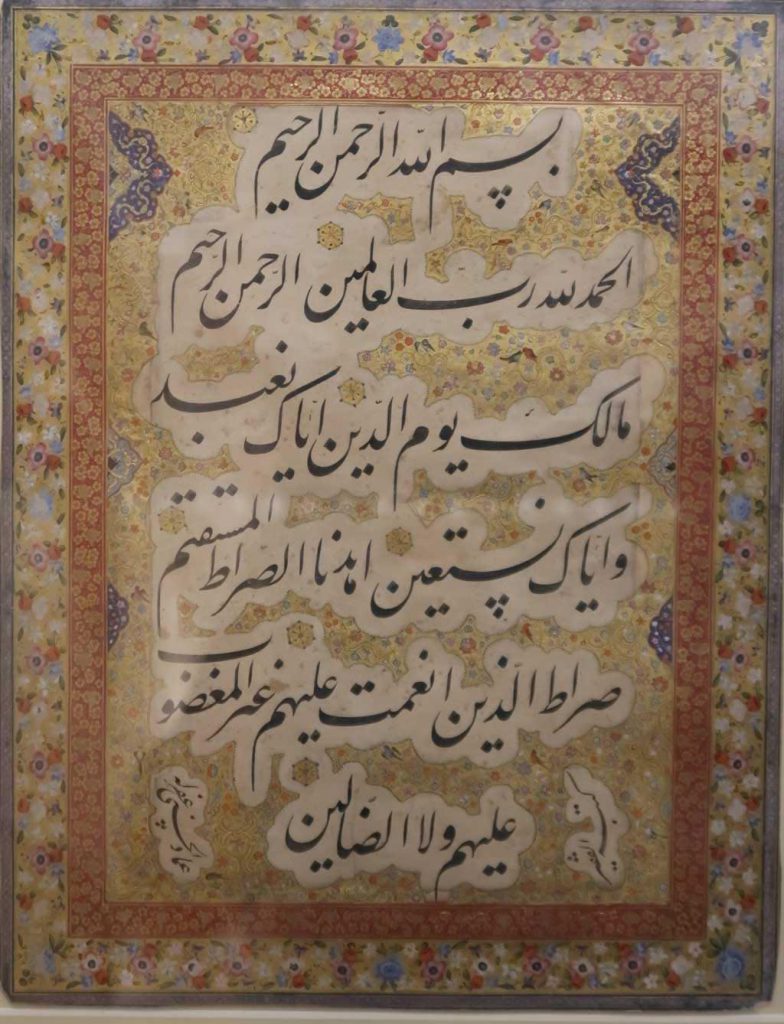
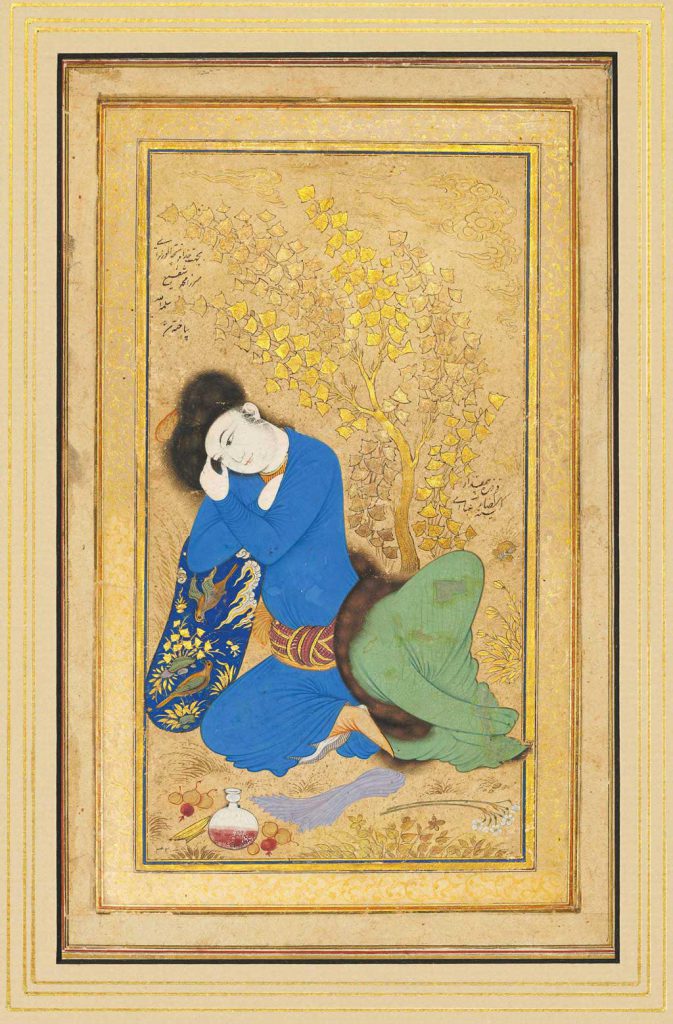
Alireza Abbasi
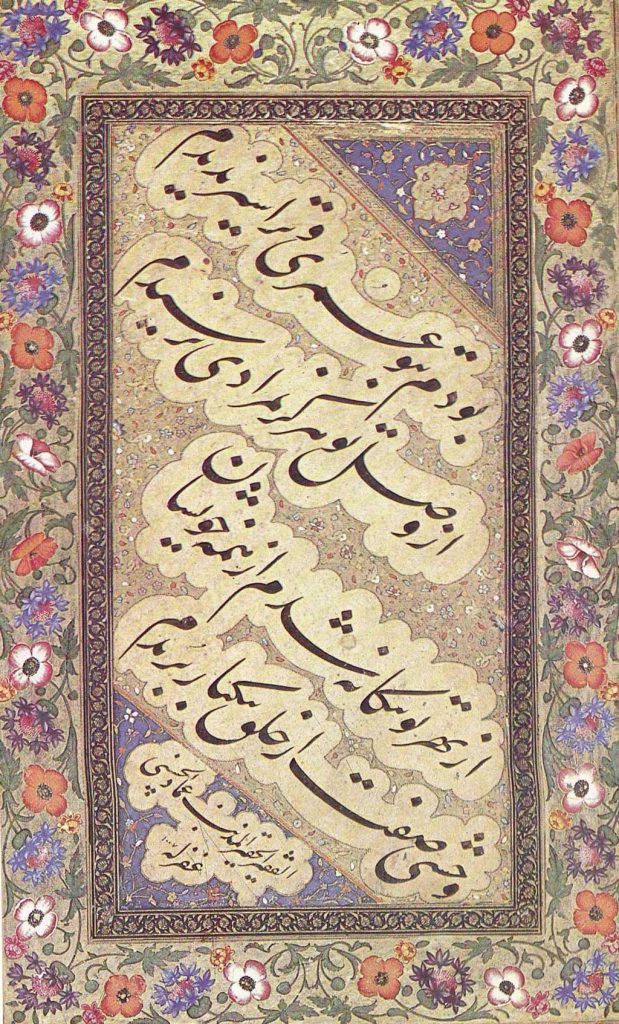
Mir Emad
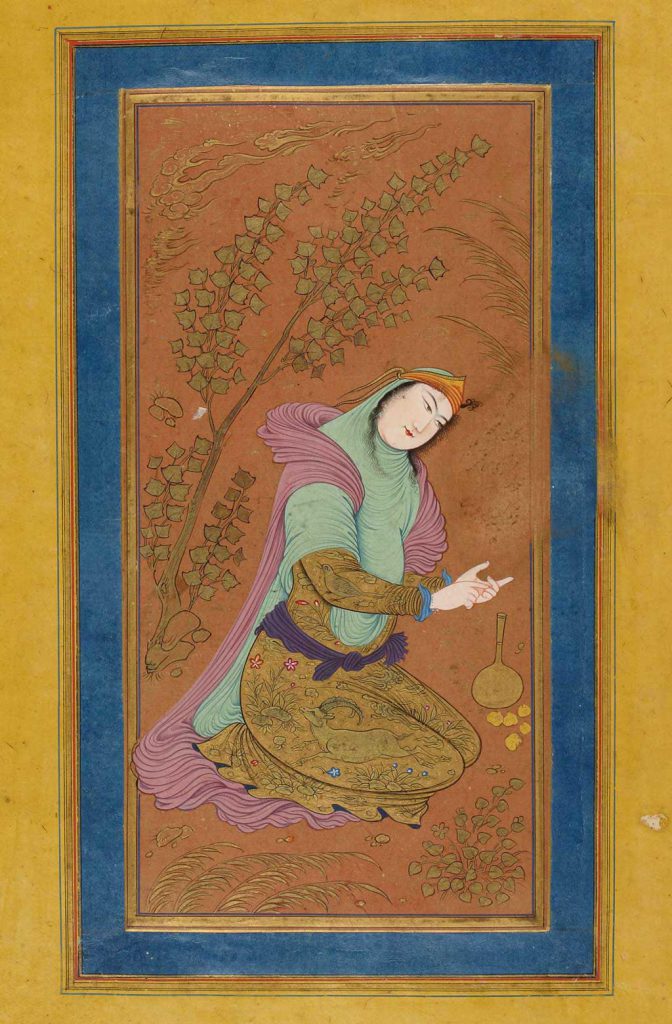
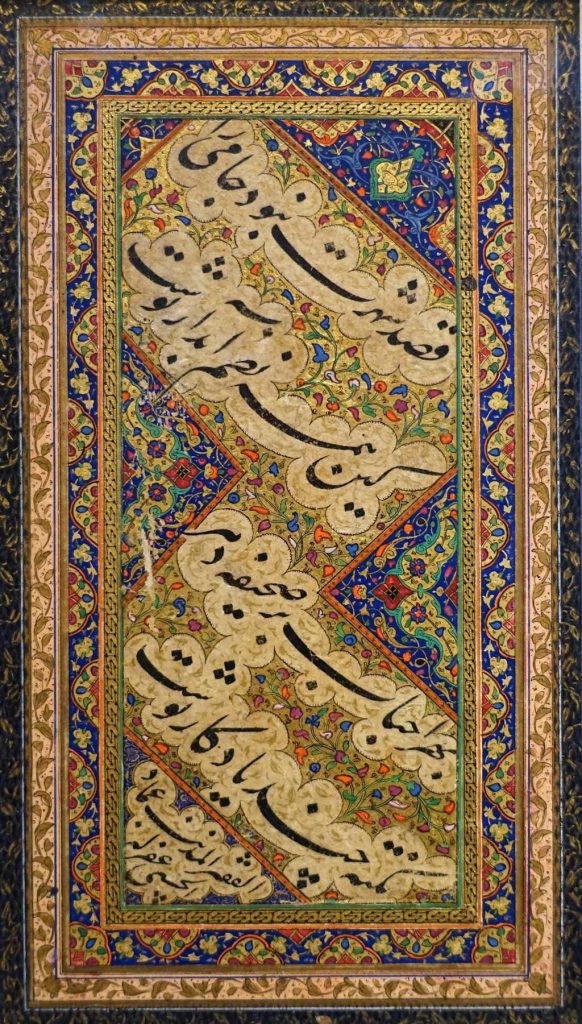
Vipemo Products
-
Candy Dish, Firooze Koobi, Nut Bowl Dish, Sugar/Candy Pot
Candy/Nuts Bowl Dish – Size 3
€318.000 out of 5Add to cartQuick View -
Decorative, Firooze Koobi, Firooze Koobi, Flower Vase
Turquoise Carafe Vase – Size 4
€230.000 out of 5Add to cartQuick View -
-
-
-
-
Candy Dish, Decorative, Firooze Koobi, Firooze Koobi, Sugar/Candy Pot
Candy Pot – Size 3
€265.000 out of 5Add to cartQuick View -


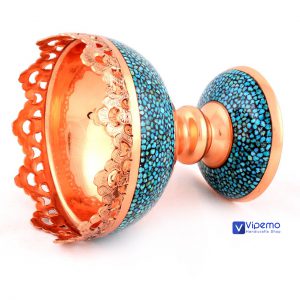

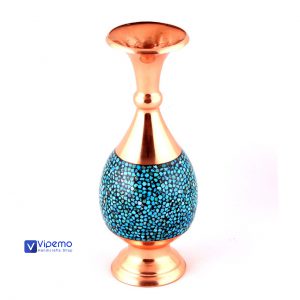
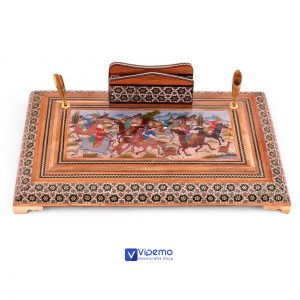
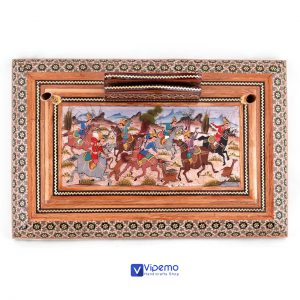
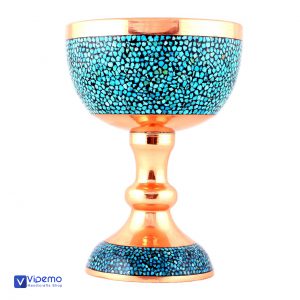
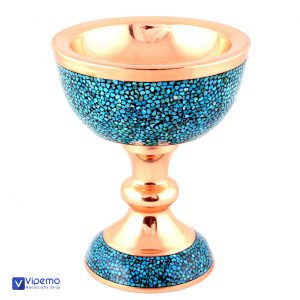
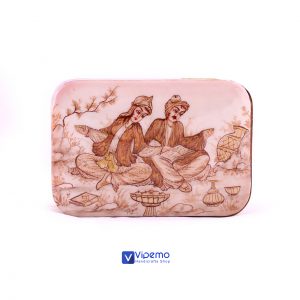
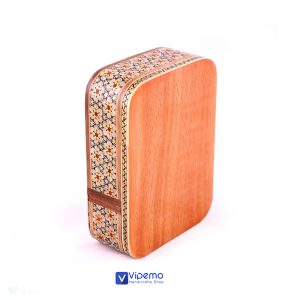
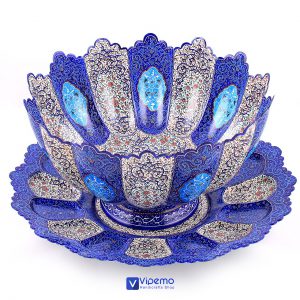
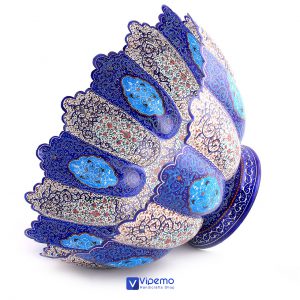
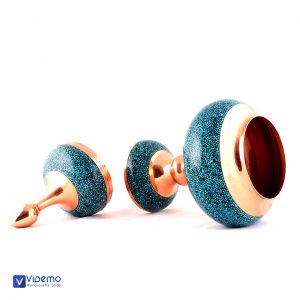
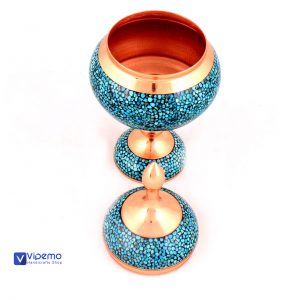
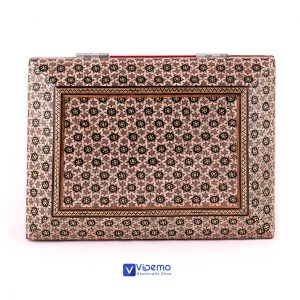
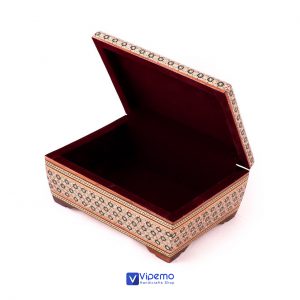


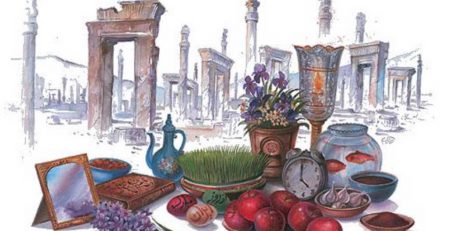


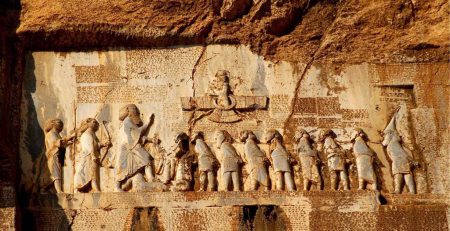


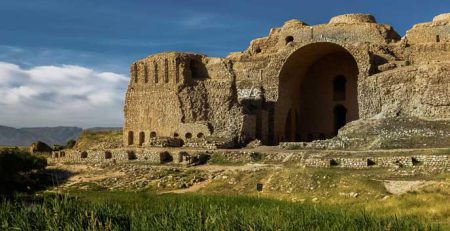

Leave a Reply